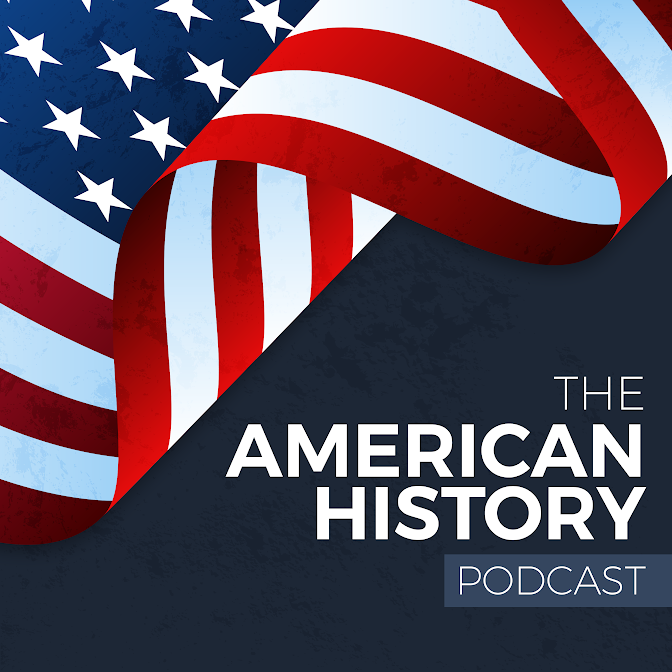Episode 10: The Protestant Reformation and the Puritans
Okay, so the Protestant Reformation. In 1517, Martin Luther began his break from the Catholic church and this is the birth of the Protestant movement. Now I have no intention on going into this in too much depth, as this is a podcast dedicated to American history, not European history. But it is helpful to understand Protestantism. So, with that in mind, what do you really need to know about Luther and the reformation?
First, Luther declared the Bible alone was the source of God’s word. This is different from the Church, which holds that tradition is important. Luther dismissed church tradition and holds that the word of god alone, as presented in the bible, is all that matters. And in this Luther denounces the authority of the pope. Secondly, salvation is determined by faith alone, not by works. Not by donating money to the church. This is Luther responding to the corruption that he saw taking place in Germany, specifically when it comes to the selling of indulgences. The last thing you really need to understand is that the reformation comes to dominate European politics well into the 17th century.
Luther, however, was not the only protestant reformer. After Luther you get John Calvin who elaborated on Luther’s ideas and founded the Calvinist movement when he published the Institutes of the Christian Religion in 1536. In this book Calvin argued that God was all powerful and all good. Humans, due to their original sin, were weak and wicked beings. Further, he postulates the idea of predestination, arguing that god, who is all knowing, already knows who will go to heaven and who will end up going to hell. Those who were going to heaven were referred to as “the elect” and they were chosen by god for eternal salvation.
According to Calvin, “good works” such as following the sacraments of the Catholic Church, did not determine salvation. Of course, this is similar to what Luther was arguing. Having said that, while your final disposition was already decided, one could not simply act immoral, as no one knew their status before god. The fourth major aspect of Calvin’s’ theology was that a conversion experience was seen as a sign from God that you had been chosen. After this experience you were expected to lead a “sanctified” life as a model for the community. These people were referred to as the “visible saints.”
Luther and his followers and Calvin and his were not the only protestants. More central to the story of American history, of course, would be the Church of England and the Puritans. The Church of England broke ties with the Roman Catholic church in the 1530’s in the English reformation. This was the point at which the monarch of England, who at this time was Henry VIII, became the head of the church.
The problem with the Anglican church, at least in the minds of some of the more ardent protestants in England, was that it did not go far enough in breaking with the Catholic church. These “puritans” were fellow protestants who wanted to reform the Anglican church, to purify it of its’ Catholic elements and exclude people who were not committed to this goal. If they weren’t radical enough, there was a group known as the Separatists, an extreme group of Puritans who desired to completely break from the Anglican church, rather than reform it. It was this group who would become known to us as Pilgrims.
The Separatists specifically, were problematic for the English monarch, who at this time, in the early 17th century, was James I. He was concerned that these people were challenging his role as the leader of the Church of England. Their inability to conform was, at least in his mind, a direct challenge to his authority. Further, James as a believer in the idea of the “divine right” of kings. He claimed, when the Calvinists argued against the existence of bishops, that “no bishop” meant “no king.” Thus, he would not allow for the elimination of the system of bishops in the Church of England. Further, he was a firm believer in absolutism (such as that seen by his contemporaries in France, Henry IV and later on Louis XIII and XIV). Finally, James unwisely engaged in a series of wars, including the 30 years war, which was costly and drained the treasury. He also, foolishly for the times, flaunted his wealth and his male lovers, something which damaged the prestige of the monarchy AND would lay the groundwork for the English Civil War once his son, Charles I, was king.
